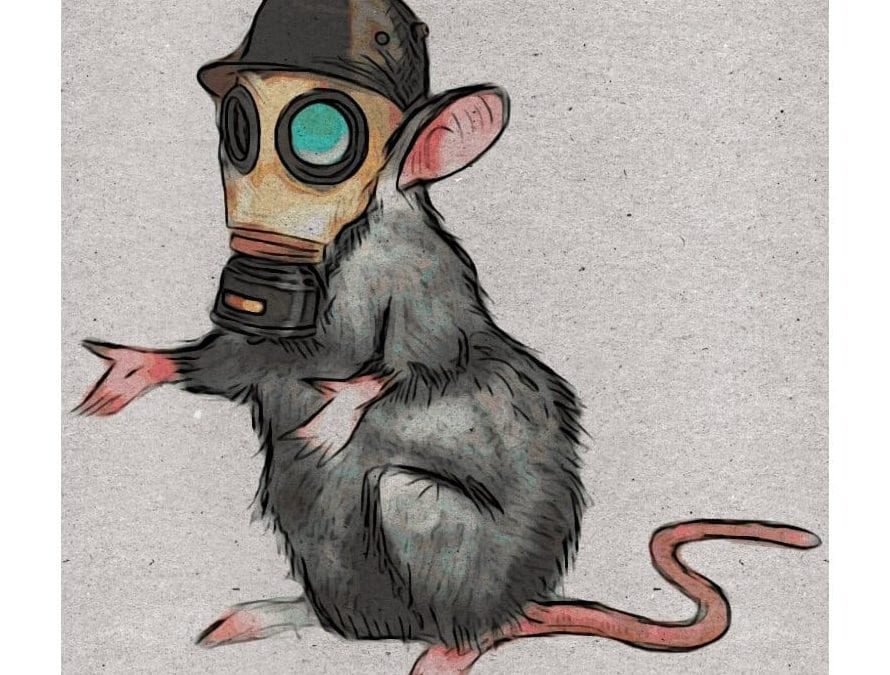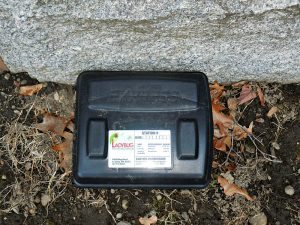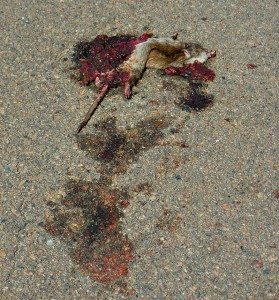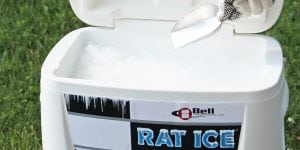– News from elsewhere covered by Quincy Quarry News with commentary added.
Promising tool in keeping down Boston’s rat population gets The Cold Shoulder.
Dry ice – frozen carbon dioxide – is a humane, environmentally friendly as well as relatively inexpensive way to kill rats and as John Stellberger discovered.
Mr. Stellberger is founder and president of Environmental Health Services, a pest control company.
He views himself as an environmental health specialist – he does not use the word exterminator as he respects the animals he endeavors to control: “I admire rats. They’re complex, they’re intelligent.”
Even so, a few years ago Mr. Stellberger he stumbled upon dry ice as innovative way to take out out rats – the very same dry ice one can buy at a party supply store or find both chilling and smoking a fancy cocktail.
Dry ice is just carbon dioxide in a solid (and cold) form. Exposed to air, it becomes carbon dioxide gas and which is harmless on its own.
But concentrated in a tiny confined space – like a rat burrow – carbon dioxide gas can become lethal.
Dry ice has been used for years as a means to humanely euthanize rodents used in laboratory research and the American Veterinary Association endorses its use as a more humane way to – if necessary – kill rodents.
In turn, a couple of years ago, the City of Boston started employing dry ice to fight rats and with good, safe and cost-effective results and then other cities such as Chicago, New York and Washington, D.C., also opted to so use dry ice.
But then in 2016 the Environmental Protection Agency advised Boston and other cities that they could not use plain old carbon dioxide for rodent control as it is not an EPA-approved insecticidal for rodent control.
This bureaucratic impasse changed earlier this year when a company went to the time and expense to secured the first EPA-approval of a dry ice product for rodent control – now marketed as “Rat Ice” – and which is currently the only dry ice product that has been duly approved for rodent control.
In turn, only one local vendor located in Rockland currently carries Rat Ice and it costs about three times as much regular as well as chemically identical dry ice.
Given the tripled cost for rodent control approved dry ice, Boston officials have held off on using Rat Ice and are hoping to negotiate an easier, less-expensive way to source rat control-approved dry ice.
Source: Promising Tool In Keeping Down Boston’s Rat Population Gets The Cold Shoulder













Rodenticide